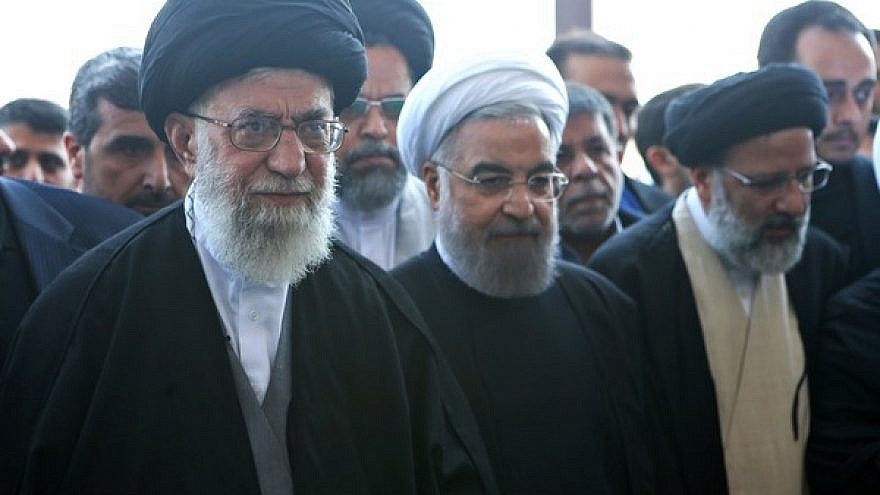An analysis in the Israel Hayom daily says that a new Iranian brazenness is restricting Israeli military reactions against Tehran’s aggression.
By World Israel News Staff
Until now, reports in Middle Eastern media have spoken of Israel’s long arm against Iranian aggression, striking back against the Islamic Republic no matter how far away the threat might be.
Examples in the past have included at least one attack attributed to Israel aimed at an arms supply delivery in Sudan and more recently against an Iranian presence in Iraq.
However, writes military analyst Yoav Limor in the Israel Hayom daily on Thursday, Tehran has become more brazen in its attacks and has become self-confident to the extent that the Israeli military establishment has come to the realization that it can longer continue its own strategy known in IDF circles as “the campaign between wars.”
This long-standing Israeli strategy, says Limor, has been based on the premise that – between major military campaigns – the Jewish State had the liberty to carry out attacks against military threats if done wisely.
For the most part, he writes, military operations approved by the political establishment were large-scale enough to send a message to the enemy that Israel would not sit by quietly in the face of aggression from the other side – whether from Gaza in the south or Lebanon and Syria in the north – but, on the other hand, were restrained enough to prevent the enemy from responding with full force that could lead to an all-out war.
Iran has a foothold in all these fronts against Israel.
Limor refers to a “punchcard” policy: a feeling in the IDF that the Israeli military could attack a number of times – “punch” a number of holes on its card – before the other side would exact a price with an attack of its own.
Iran has shown a sense of empowerment recently for reasons that are not necessarily in Israel’s control, he says.
The analyst acknowledges that Israel’s political instability and the recent Jewish holiday season, when the leadership does what it can to maintain calm for Israeli holiday-makers, have been a factor in the lack of IDF responses to hostile aggression recently.
The larger picture, though, points to Iran’s realization that it can get away with shooting down a U.S. drone in the Persian Gulf region and seize, or even attack, shipping vessels and oil facilities in Saudi Arabia without facing an international military response, writes Limor.
This sense of empowerment in Tehran is also apparently contributing to its willingness to stand up to Israel.
Last week, the analyst writes, Iranian proxy terror group Hezbollah fired a surface-to-air missile at an Israeli UAV in southern Lebanon, a dramatic upgrade in the traditional Hezbollah response to the presence of Israeli drones in Lebanese skies. Strikingly, writes Limor, Israel did not respond.
“Many in the defense establishment believe it was a mistake,” says the Israeli analyst, adding that there was a feeling that the Israel Air Force should have destroyed the Hezbollah launcher from where the missile was fired, in order to send a message to the terror organization that it had “crossed a red line.”
Limor writes that in the short term, the show of Israeli restraint might have been the correct decision, but in the long term, top Israeli military figures believe that a new policy must be adopted to prevent Israel from losing any more of its deterrent capability.


